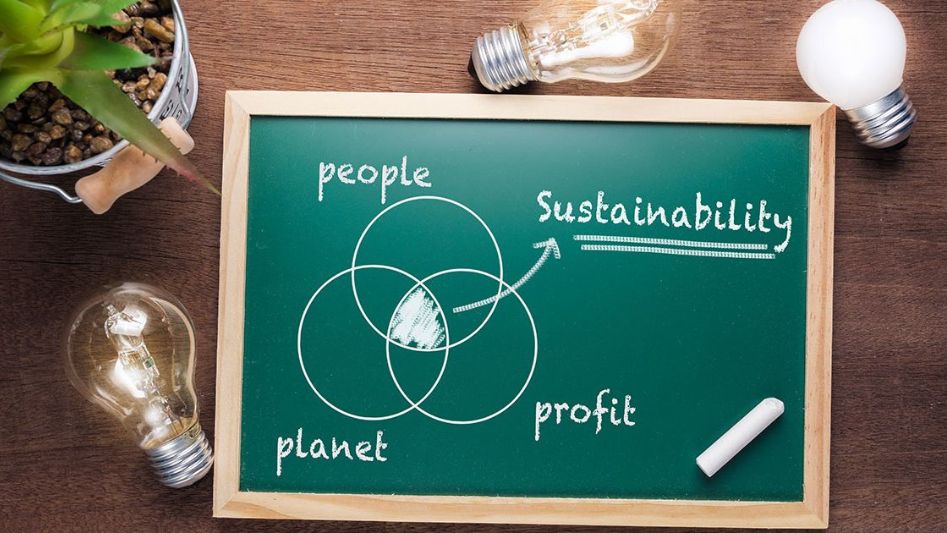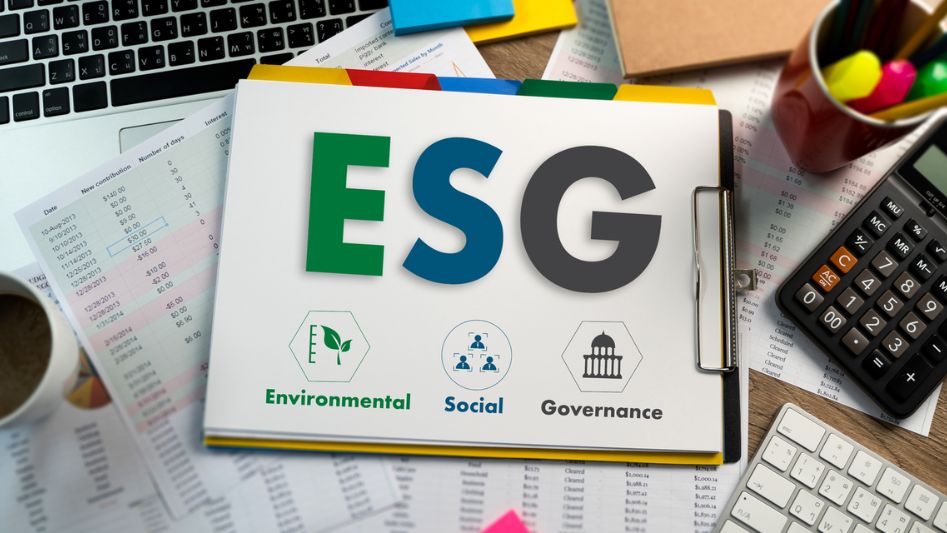In a world where sustainability and social responsibility are becoming increasingly important, a new approach to evaluating business success has emerged: the Triple Bottom Line (TBL). Traditional business models have primarily focused on financial gains, but the TBL introduces a broader perspective that takes into account the environmental, social, and governance (ESG) aspects of a company’s operations. This innovative approach is reshaping the business landscape, driving companies to embrace sustainable practices and redefine success beyond profits.
Table of Contents

The Evolution of Business Priorities
For decades, businesses measured their success solely in terms of profitability. The bottom line was all about financial performance, with little consideration for the impact on the environment and society. However, as concerns about climate change, social inequality, and ethical business practices grew, a need arose for a more holistic approach to evaluating a company’s performance.
This shift in mindset gave birth to the concept of the Triple Bottom Line, championed by sustainability pioneers like John Elkington in the 1990s. The TBL framework suggests that businesses should be evaluated based on three interconnected dimensions: people, planet, and profit. In other words, a successful company should not only generate economic value but also consider its environmental and social contributions.
Understanding the Triple Bottom Line
People (Social Impact)
The “people” dimension of the TBL focuses on a company’s social responsibility. This includes how a company treats its employees, its involvement in local communities, and its commitment to diversity and inclusion. A business that values its people strives to create safe working environments, support employee growth, and positively impact the communities it operates in.
Planet (Environmental Stewardship)
The “planet” aspect emphasizes a company’s environmental impact. This involves reducing carbon footprints, conserving resources, and adopting sustainable practices throughout the supply chain. Businesses are increasingly being held accountable for their ecological footprint, leading to greater adoption of renewable energy, waste reduction, and eco-friendly manufacturing processes.
Profit (Economic Performance)
Of course, the economic dimension remains a critical component of the TBL. However, the emphasis here is on responsible and ethical business practices that contribute to long-term financial stability. This means embracing transparency, fair trade, and ethical sourcing while pursuing profitability.

ESG Factors: A Driving Force for Change
Environmental, Social, and Governance (ESG) factors have become the backbone of the Triple Bottom Line approach. Companies are now being evaluated based on their adherence to these principles, and investors are increasingly considering ESG performance as a key criterion for investment decisions. By integrating ESG factors into their strategies, businesses can enhance their reputation, manage risks better, and attract socially-conscious investors.
Reshaping Business Strategies
The TBL framework is transforming the way companies operate and plan for the future. Many organizations are aligning their business strategies with the principles of the Triple Bottom Line to create positive impacts across various stakeholders. This could involve adopting circular business models, optimizing supply chains for sustainability, and committing to philanthropic initiatives that benefit local communities.
Moreover, the TBL is driving innovation. Companies are now competing to develop greener technologies, more inclusive products, and efficient processes that reduce waste and resource consumption. This not only benefits the environment but also appeals to a growing consumer base that prioritizes ethical and sustainable consumption.
Challenges and the Road Ahead
While the Triple Bottom Line offers a promising framework for a more sustainable and responsible business world, challenges remain. Balancing social and environmental considerations with profitability can be complex. Additionally, measuring and reporting impacts across these three dimensions require standardized metrics and transparent reporting mechanisms.
However, the momentum toward a triple-bottom-line approach is undeniable. Governments, consumers, and investors are all pushing for a more sustainable business landscape. As companies continue to embrace the TBL, we can expect a shift towards a more equitable, environmentally conscious, and socially responsible future.

Conclusion
The Triple Bottom Line (TBL) framework represents a paradigm shift in the business world. It acknowledges that success is not solely defined by financial gains, but also by a company’s impact on people and the planet. As businesses integrate ESG factors into their strategies, they are not only contributing to a more sustainable future but also setting themselves up for long-term success in an evolving economic landscape. By embracing the TBL approach, companies are not only reshaping their own destinies but also shaping a world where profit goes hand in hand with purpose.
FAQs
What is the Triple Bottom Line (TBL)?
The Triple Bottom Line is a business framework that considers three dimensions of success: people, planet, and profit. It evaluates a company’s social, environmental, and financial impacts.
How does the TBL differ from traditional business models?
Unlike traditional models focused solely on profits, the TBL incorporates social responsibility and environmental sustainability, aiming for a balanced approach to business success.
What are ESG factors?
ESG stands for Environmental, Social, and Governance. These factors evaluate how well a company performs in terms of sustainability, ethical practices, and governance standards.
Why is the TBL important?
The TBL promotes responsible business practices that benefit society, the environment, and financial outcomes. It’s crucial for addressing global challenges like climate change and inequality.
You May Also Like
- CREATING A POSITIVE IMPACT: HOW ESG INTEGRATION CAN BENEFIT COMPANIES AND COMMUNITIES
- BUILDING A BETTER WORLD: THE VITAL ROLE OF ESG
- UNVEILING THE GREEN ENERGY PARADOX: ESG INVESTING’S LIMITED IMPACT ON THE TRANSITION
- INVESTING IN A SUSTAINABLE FUTURE: UNDERSTANDING THE POWER OF ESG
- WHY ESG MATTERS: EMBRACING ETHICS, SUSTAINABILITY, AND GOVERNANCE
